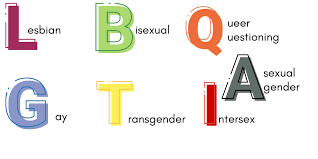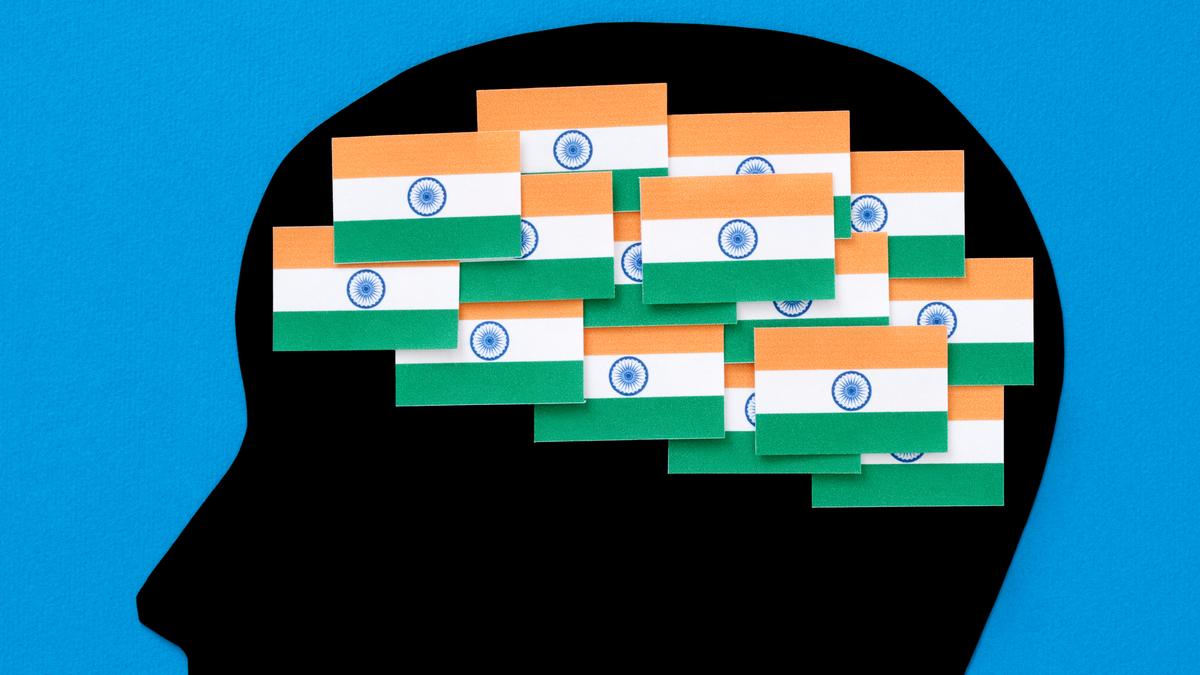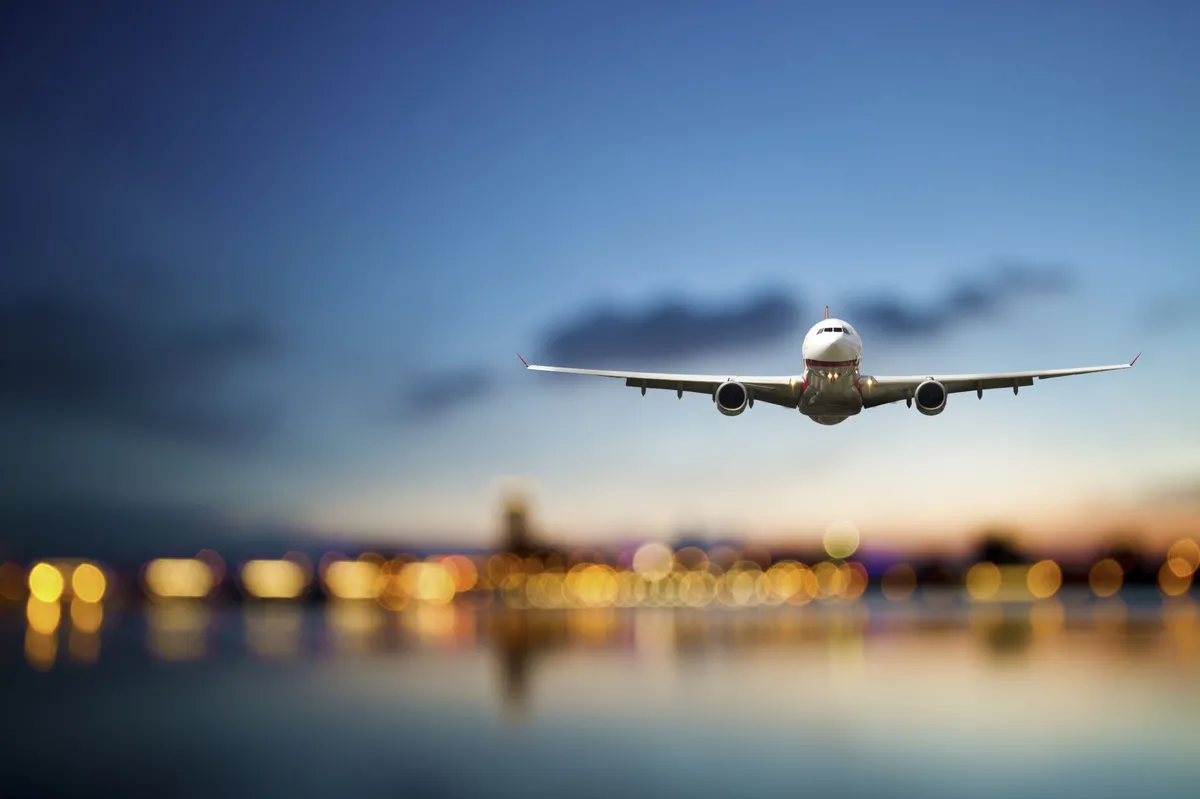- Courses
- GS Full Course 1 Year
- GS Full Course 2 Year
- GS Full Course 3 Year
- GS Full Course Till Selection
- Answer Alpha: Mains 2025 Mentorship
- MEP (Mains Enrichment Programme) Data, Facts
- Essay Target – 150+ Marks
- Online Program
- GS Recorded Course
- Polity
- Geography
- Economy
- Ancient, Medieval and Art & Culture AMAC
- Modern India, Post Independence & World History
- Environment
- Governance
- Science & Technology
- International Relations and Internal Security
- Disaster Management
- Ethics
- NCERT Current Affairs
- Indian Society and Social Issue
- NCERT- Science and Technology
- NCERT - Geography
- NCERT - Ancient History
- NCERT- World History
- NCERT Modern History
- CSAT
- 5 LAYERED ARJUNA Mentorship
- Public Administration Optional
- ABOUT US
- OUR TOPPERS
- TEST SERIES
- FREE STUDY MATERIAL
- VIDEOS
- CONTACT US
LGBTQIA+ Rights and Acceptance in India
LGBTQIA+ Rights and Acceptance in India

LGBTQIA+ Rights and Acceptance in India
Until recent years, same-sex relationships were considered a criminal offence in India under Section 377 of the Indian Penal Code. But, in 2018, the Supreme Court reversed this law in a landmark decision, recognizing the rights of LGBTQIA+ individuals and striking down this discriminatory law. However, despite this progress, discrimination and marginalisation of the LGBTQIA+ community remains prevalent in India.
Evolution of Recognition of LGBTQIA+ In India?
- 1861 --- All homosexual activities to be criminalised under Section 377 of the Indian Penal Code.
- 1977 --- 1st study of homosexuality in India, called “The World of Homosexuals” got published by Shakuntala Devi.
- 1994 --- They were legally granted voting rights as a 3rd sex.
- 2014 --- The Supreme Court of India ruled that transgender people should be treated as the third category of gender.
- 2017 --- The Supreme Court gave the country’s LGBTQIA+ community the freedom to safely express their sexual orientation and was protected by the Right to Privacy.
- 2018 --- The Supreme Court struck down the part of Section 377 which criminalised consensual homosexual activities.
- 2019 --- Parliament enacted Transgender Persons (Protection of Rights) Act, to provide for protection of rights of transgender people, their welfare, and other related matters
Challenges Faced by LGBTQIA+ Community in India:
- LGBTQIA+ individuals are underrepresented in media, politics and governance and are not included in mainstream society, making it difficult for them to have their voices heard.
- LGBTQIA+ individuals often face discrimination in various aspects of their lives, such as in the workplace, housing, and healthcare. This can make it difficult for them to live openly and safely.
- LGBTQIA+ individuals are often victims of hate crimes, including physical and verbal abuse, bullying, and harassment. This can lead to fear and insecurity in the community and can affect physical and mental well-being.
- The voices of urban LGBTQIA+ people are heard through several online and real-world platforms. But due to a lack of exposure, comfort, and internet connectivity, rural LGBTQIA+ people often suppress their feelings because refusing to marry leads to further abuse.
- They miss out on education and social support during important years, as they are left out by parents. In the absence of economic support, they often resort to drug abuse and risky sexual behaviour.
What Other Initiatives has the Government Taken for Transgender Persons?
- Transgender Persons (Protection of Rights) Rules, 2020: The Rules have been made under the Transgender Persons (Protection of Rights) Act, 2019, to recognise the identity of transgenders and prohibit discrimination in the fields of education, employment, healthcare, holding or disposing of property etc.
- National Portal for Transgender Persons: It would help transgenders in digitally applying for a certificate and identity card from anywhere in the country, thus preventing any physical interaction with officials. It will help them track the status of application, rejection, grievance redressal, etc.
- Garima Greh: In November 2020, the Ministry of Social Justice and Empowerment inaugurated Garima Greh, a shelter home for transgender persons. It includes shelter facility, food, clothing, recreational facilities, skill development opportunities, yoga, physical fitness, library facilities, legal support, technical advice for gender transition, etc.
- Recognition in Indian Prisons: In January 2022, the Ministry of Home Affairs sent an advisory to Heads of Prisons in the States/UTs to ensure privacy, dignity of the third gender inmates.
[According to a National Crime Records Bureau, there were 70 transgender prisoners in jails across the country in 2020.]
What more can the Government Do?
- To protect LGBTQIA+ individuals from discrimination, hate and violence, the government should create supportive policies and laws that
- Policies should involve the rights of transgender individuals to ensure access to healthcare and other services that is sensitive to the needs of the LGBTQIA+ community.
- It is important to create an open and accessible forum for LGBTQIA+ youth to interact, share, and collaborate. For example, Platforms like Gaysi and Galaxy have helped create these spaces.
- Government should work towards increasing awareness among parents and encourage them to accept their children's identity so that society as a large can embrace diversity and accept each child's uniqueness.
- The Pride Month and Pride Parade Initiative should be promoted at all levels through these platforms.
- There is a need to understand that people with LGBTQIA+ identities are not sick, and their sexual preference is inborn, so they don’t deserve to be treated as different.
Way Forward:
LGBTQIA+ deserve to be treated equally, not specially and once they are included in Indian society as equals, they will get fully blended in collective development. Therefore, it is crucial to reimagine the rights of LGBTQIA+ communities as well as look at their challenges from a detached perspective and move towards inclusivity.
Must Check: Best IAS Coaching Institute In Delhi



